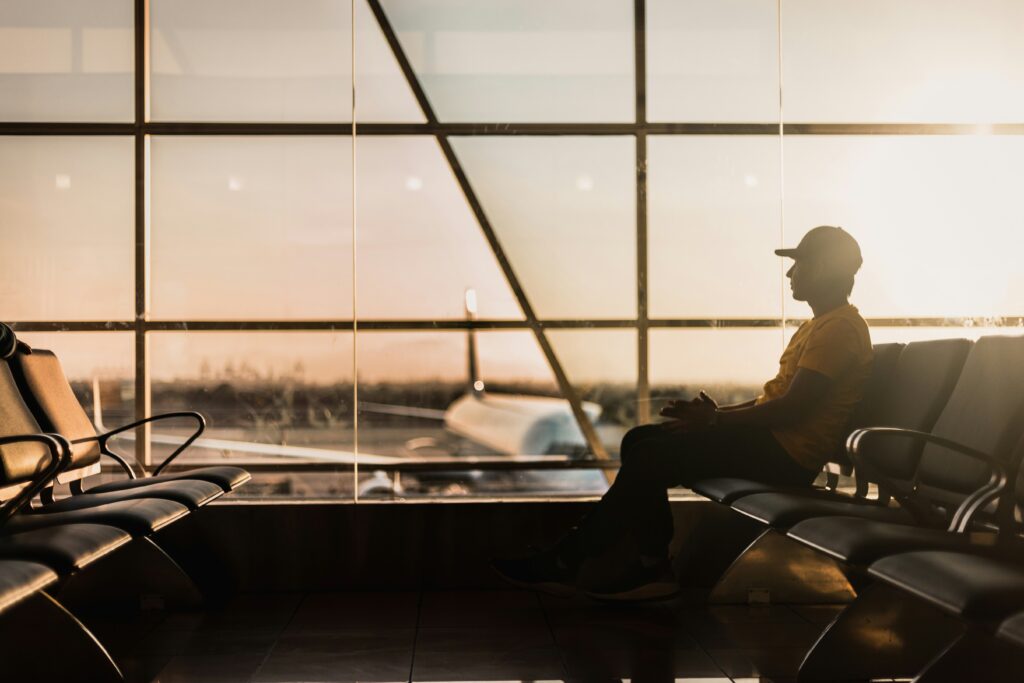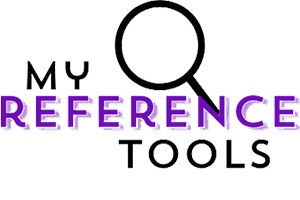Stay Healthy During Business Trips with These Practical Strategies

Business travel often means tight schedules, unfamiliar environments, and a disruption to your usual routines. Add to that the stress of meetings, deadlines, and dealing with new surroundings, and it’s easy for health and wellness to take a backseat. However, staying healthy on the road doesn’t have to be complicated or time-consuming. With some planning and a few smart habits, you can keep your energy levels high and return home feeling as good as when you left. Here are eight practical strategies to help you stay healthy during business trips, expanded with detailed tips and examples.
Prioritize Sleep for Peak Performance
Sleep is the foundation of your overall well-being, and business travel often throws your normal sleep routine off track. From red-eye flights to early morning meetings, schedules can be chaotic. To counteract this, stick to consistent sleep and wake times as closely as possible, even across different time zones. If your trip involves crossing multiple time zones, consider gradually adjusting your sleep schedule a few days before you travel to match your destination’s clock.
Pack items that support quality sleep, such as a comfortable eye mask, earplugs, or noise-canceling headphones. White noise apps can also be a lifesaver if you find yourself in a noisy hotel room. Limit exposure to screens—including phones, laptops, and the TV—for at least an hour before bedtime. The blue light emitted by these devices can interfere with melatonin production, making it harder to fall asleep.
If you’re someone who struggles with settling down in an unfamiliar bed, consider bringing a small comfort item from home. For example, using your own pillowcase can provide an unexpected sense of normalcy and improve sleep quality. Remember, good sleep isn’t just about how long you rest but how deeply.
Stay Hydrated Throughout the Day
Hydration is one of the simplest yet most overlooked aspects of staying healthy on the road. Flying is particularly draining, as airplane cabins are notoriously dry and can accelerate dehydration. Carry a refillable water bottle with you at all times and aim to sip water consistently throughout the day. Many airports now have water refill stations, making it easier than ever to stay hydrated while traveling.
Avoid overloading on caffeine and alcohol, especially during flights. While that second coffee or in-flight cocktail may seem tempting, both can contribute to dehydration and make you feel more sluggish later. Instead, opt for herbal teas or plain water. Coconut water is another fantastic option; it hydrates and replenishes electrolytes lost during travel.
To make hydration a habit, one strategy is to set reminders on your phone. Apps like WaterMinder or Plant Nanny can help track your intake and nudge you to drink more water if needed. Remember, proper hydration not only combats fatigue but also boosts focus and helps stave off travel-induced headaches.
Make Smart Food Choices
Business travel often features meals that are rich, calorie-heavy, and sometimes less than nutritious. To strike a balance between enjoying local cuisine and maintaining healthy eating habits, adopt a mindful approach to your meals. For instance, at work dinners or networking lunches, start with a light salad or broth-based soup before moving on to the main meal. This strategy helps manage portions, since you’re less likely to overeat once you’ve had a lighter first course.
When ordering entrees, choose lean proteins like chicken, fish, or tofu, alongside whole grains like quinoa, brown rice, or farro. For sides, opt for steamed or roasted vegetables rather than fried options. If dessert is on the menu, consider sharing with a colleague or picking fruit-based options.
Carrying your own snacks is another effective way to avoid vending machine temptations. A small bag of almonds, trail mix, or protein bars can keep hunger at bay between meals. Fresh fruits like apples or bananas also travel well and offer a natural energy boost.
Schedule Time for Physical Activity
Keeping up with exercise while traveling can be challenging, but it’s one of the best ways to manage stress and maintain energy levels. Even if your hotel doesn’t have a gym, there are plenty of creative ways to stay active. For instance, pack resistance bands in your luggage; they’re lightweight and perfect for a quick workout in your hotel room.
Many cities have beautiful parks or walking trails that you can explore while getting your steps in. If walking meetings are an option, suggest strolling around as you discuss business rather than sitting in a conference room. Another idea is to opt for the stairs instead of the elevator whenever possible, whether at the airport, your hotel, or your office destination.
Don’t underestimate the power of bodyweight exercises like push-ups, squats, or planks, which require no equipment. Even a 10-minute session in the morning can jumpstart your day and increase productivity. Fitness apps like Nike Training Club or FitOn provide guided workouts tailored to your schedule and fitness level.
Practice Good Hand Hygiene
When traveling, you’re exposed to countless surfaces teeming with germs, from airport security bins to airplane tray tables. To minimize your chances of catching a bug, practice vigilant hand hygiene. Wash your hands frequently with soap and water, especially before eating, after using the restroom, or after touching public surfaces like door handles or ATMs.
Keep a travel-size bottle of hand sanitizer in your bag for situations where soap and water aren’t readily available. Disinfectant wipes are also invaluable for wiping down high-touch surfaces, including airplane seatbelt buckles, hotel remote controls, or your phone screen. By maintaining good hygiene, you reduce your risk of illness and ensure you’re ready to tackle the demands of your itinerary.
Manage Stress with Mindful Techniques
Traveling for business often comes with its share of stressors, from tight schedules to unexpected delays. To keep anxiety in check, incorporate mindfulness into your daily routine. Simple relaxation techniques like deep breathing can work wonders. Try this exercise: inhale deeply through your nose for a count of four, hold for four seconds, then exhale slowly through your mouth for another count of four. Repeat this cycle three to five times for immediate calm.
Meditation apps like Calm or Headspace are perfect tools for moments when you need to decompress. Even a five-minute guided session during travel downtime, such as waiting at the airport, can help center your thoughts. Yoga stretches or gentle movements in your hotel room can also relieve tension. Traveling alone? Use this time for self-reflection or journaling to process your experiences and unwind.
Be Mindful of Jet Lag
Jet lag can derail your productivity and zap your energy, especially on international trips. To minimize its impact, start by adjusting your sleep schedule a few days before your departure to better align with your destination’s time zone. Once you arrive, try to get as much natural sunlight as possible during the day. Sunlight helps reset your internal body clock, making it easier to adapt quickly.
Avoid napping for long periods when you first arrive. If you absolutely must rest, limit naps to 20-30 minutes to avoid disrupting your night’s sleep. Physical activity, such as a brisk walk or light yoga, can also help fight fatigue and acclimate your body to the new time zone. Finally, consider staying hydrated and limiting caffeine during transit, as dehydration and overstimulation can exacerbate jet lag symptoms.
Plan Ahead for Health Emergencies
Even with the best planning, emergencies can happen. Being prepared can save you a lot of stress should the unexpected occur. If you’re traveling internationally, research your destination’s healthcare facilities and familiarize yourself with the locations of the nearest pharmacies or clinics. Carry a list of emergency contacts, including local services and your hotel information.
Pack a travel-sized first aid kit containing essentials like adhesive bandages, pain-relief medication, antacids, and antihistamines. If you take prescription medications, ensure you have enough supply for your trip, plus a few extra days, in case of delays. Keep your medications in their original packaging, and carry a digital or physical copy of your prescription. For added security, it’s wise to purchase travel insurance that covers medical emergencies and repatriation.
Set Yourself Up for a Healthier Trip
Staying healthy during business trips doesn’t have to feel like an uphill battle. By prioritizing these practical strategies, you can maintain your physical and mental wellbeing without sacrificing productivity. Remember, small efforts like staying hydrated, mindful eating, and incorporating exercise into your daily routine can make a big difference. With a little preparation, you’ll return home not only with successful meetings under your belt but also with your health intact.



